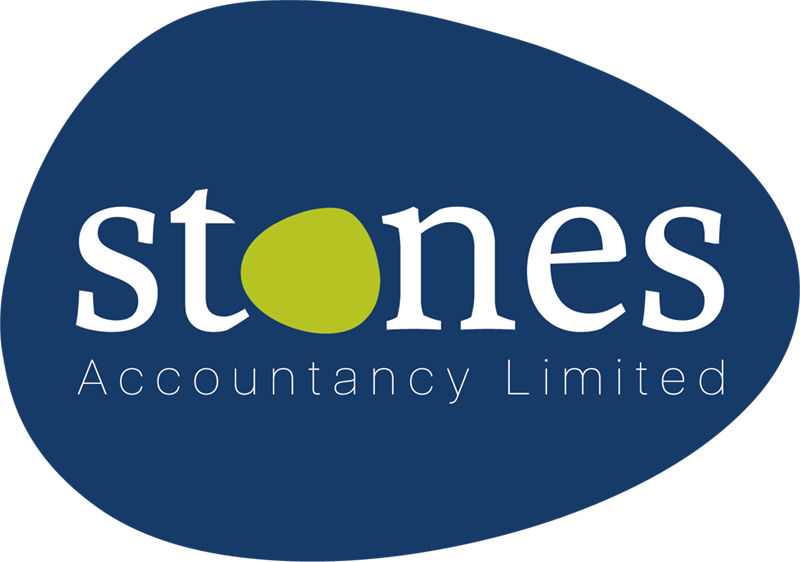The new national insurance rates have come into force this month, and there are a lot of changes coming for employers and employees alike.
So, with national insurance rising to 13.25%, when do you start to pay your contributions? And what do these changes mean to you?
Why are National insurance rates increasing?
The government’s new social care scheme is designed to provide free social care to those who need it, regardless of their age or circumstance.
The scheme is being funded by a mix of taxes and national insurance contributions, with the aim of providing free social care to everyone by 2025.
National insurance rate changes
Designed to fund the government’s new social care scheme, the increase in national insurance rates will see a 2% rise for both employers and employees taking most earners’ contributions from 12% up to 13.25% of wages.
Let’s compare

In the somewhat, last-minute changes to Rishi Sunaks Spring statement, the Government announced it will increase both the Primary Threshold and Lower Profits Limit of National Insurance in line with the income tax personal allowance of £12,570.
The way this will affect you depends on your individual circumstances
Employees
As an employee, between 6th April and 5th July 2022, you will be able to earn £190 a week before paying Class 1 National Insurance.
Then, between 6th July 2022 and 5th April 2023, this weekly earnings threshold will increase to £242.
Directors
The changes will work differently for those that pay their tax annually, this applies to anyone that completes a self-assessment or is a director of a company.
For 2022-23, a director will be able to earn £11,908 before paying Class 1 National Insurance.
Self-employed
If you are self-employed you will also be paying your contributions annually and will be able to earn £11,908 before paying class 4 national insurance as outlined below.

What this could mean for your business
As well as the national insurance changes we have also seen a national minimum increase this April.
If you have employees, this will be changing your national insurance bills for employees, so make sure you:
- Check if you are paying the correct percentage amount
- Factor in rises for NI rises and minimum wages in your forecasting
- Manage your payroll to stay up to date with payments to HMRC
If you want to check you are paying the right amount of National Insurance for your employees. The government website has more information that can help with this.

